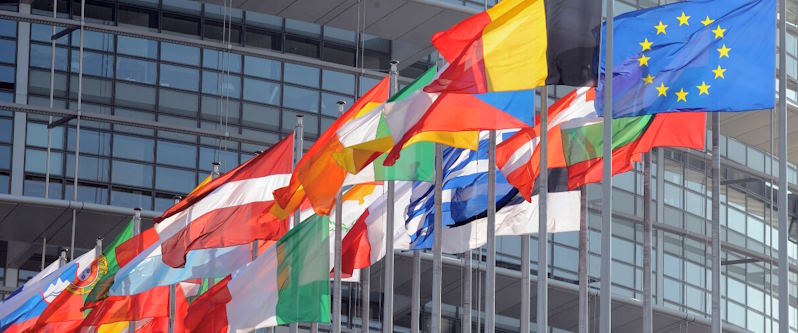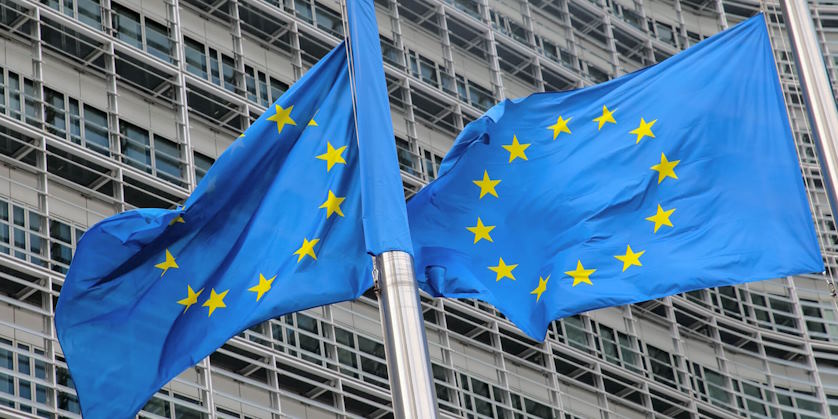Think of a big market that’s not just in one country but connects many countries. That’s what the European Union’s single market is all about. Several countries team up to make it easier to trade things, sell services, and share ideas. This idea of working together has brought some good things, but it also has some challenges.
What are the benefits and challenges of the European Union’s single market?
The European Union’s single market comes with both benefits and challenges. Let’s take a closer look at what these are:
Benefits
The single market makes it easier for countries to trade with each other. It means more products can be bought and sold between countries, leading to more business and economic growth.
Besides, with more countries participating, people get a wider variety of products and services to choose from. This competition can also lead to better prices and quality.

When countries work together, it opens up new opportunities for businesses. They can expand to other countries and create more jobs, which is great for people’s livelihoods.
In addition, the single market attracts investors from outside the EU. When a big market is accessible, it’s appealing for companies to invest and set up operations, boosting the economy.
Challenges
Let’s begin by saying that different countries have different economies. Some are stronger, while others are weaker. It can create economic imbalances and challenges, making it hard for everyone to benefit equally.
Besides, with many countries involved, there are lots of rules to follow. It can be confusing for businesses trying to navigate different regulations and standards.
Furthermore, since wages and living costs vary between countries, workers in some places might earn less or struggle more than others. Such inequality can lead to tensions and challenges.
Some people also worry that being part of the single market means giving up too much control to a central authority. They fear that decisions that affect their countries might be made without their input.
Finally, with open borders, people can move more freely between countries. While this has benefits, it can also lead to concerns about migration, cultural identity, and pressures on social services.





